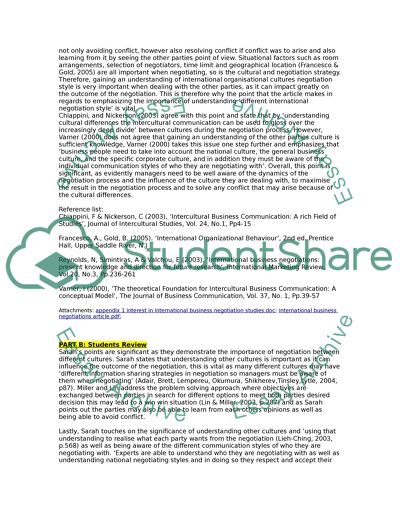Part B- Cross Cultural Management (Student's Review of a Peer's Essay. Retrieved from https://studentshare.org/miscellaneous/1542157-part-b-cross-cultural-management-students-review-of-a-peers-posting
Part B- Cross Cultural Management (Student's Review of a Peer'S Essay. https://studentshare.org/miscellaneous/1542157-part-b-cross-cultural-management-students-review-of-a-peers-posting.


